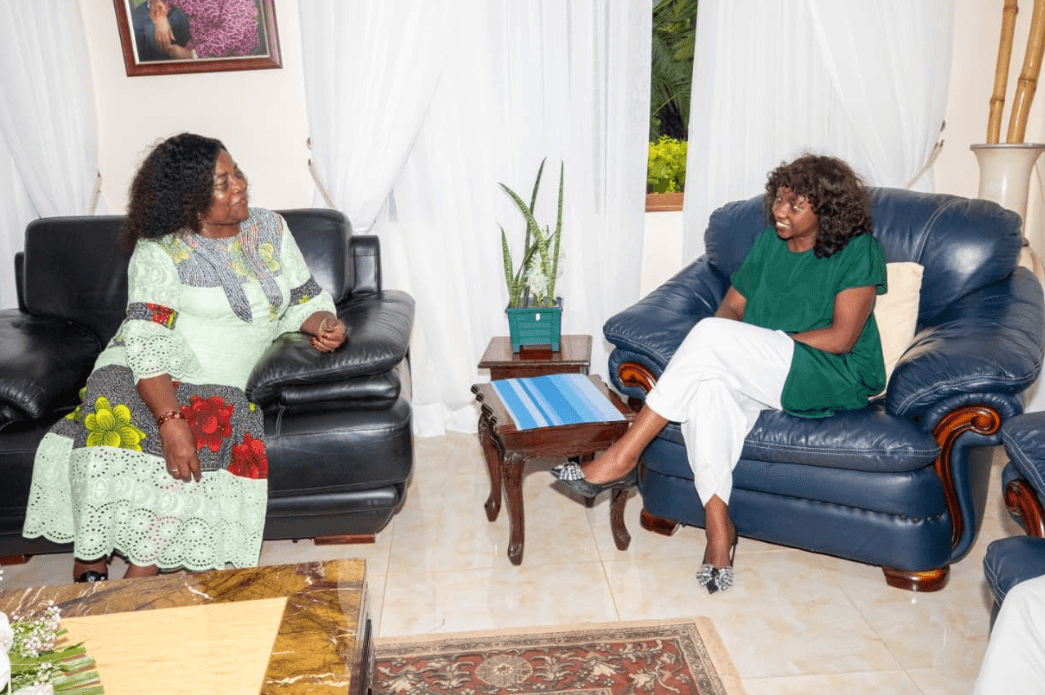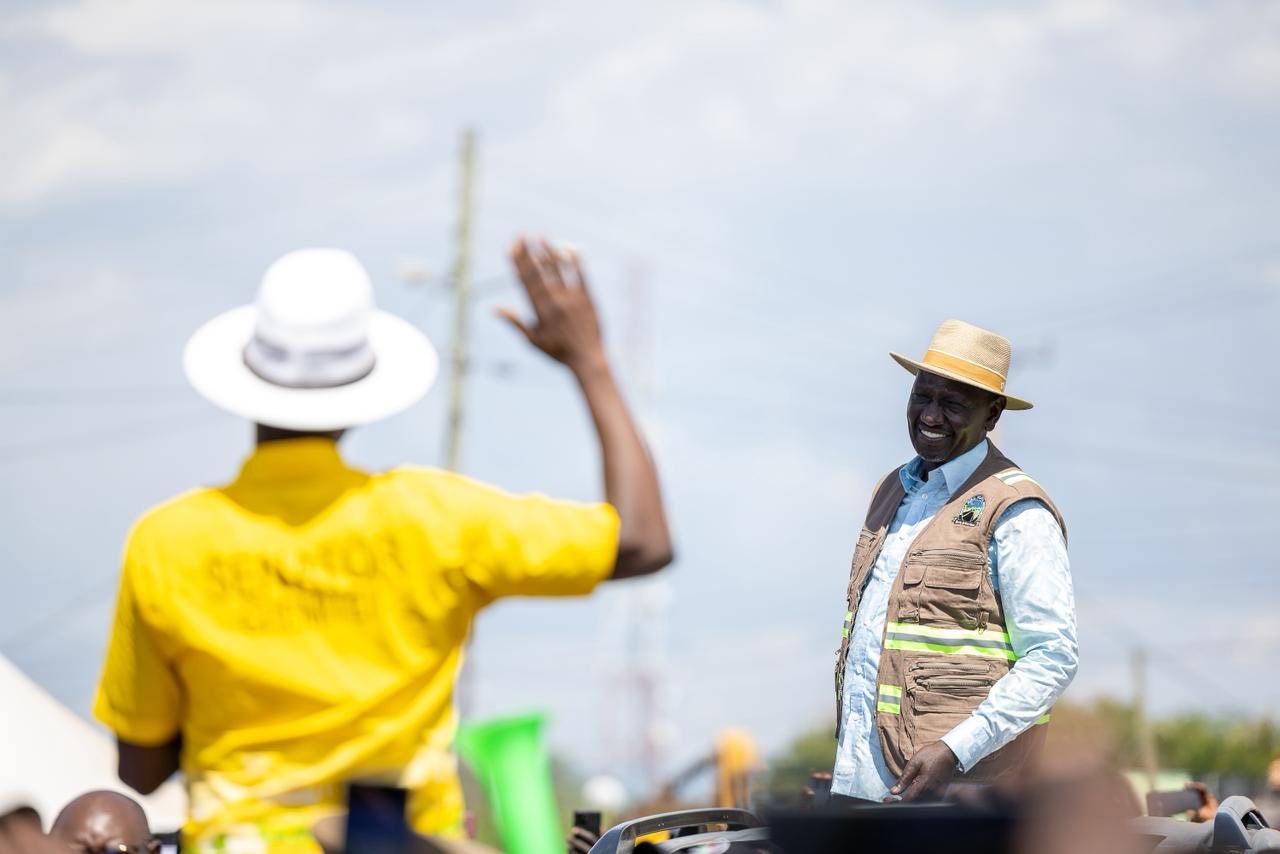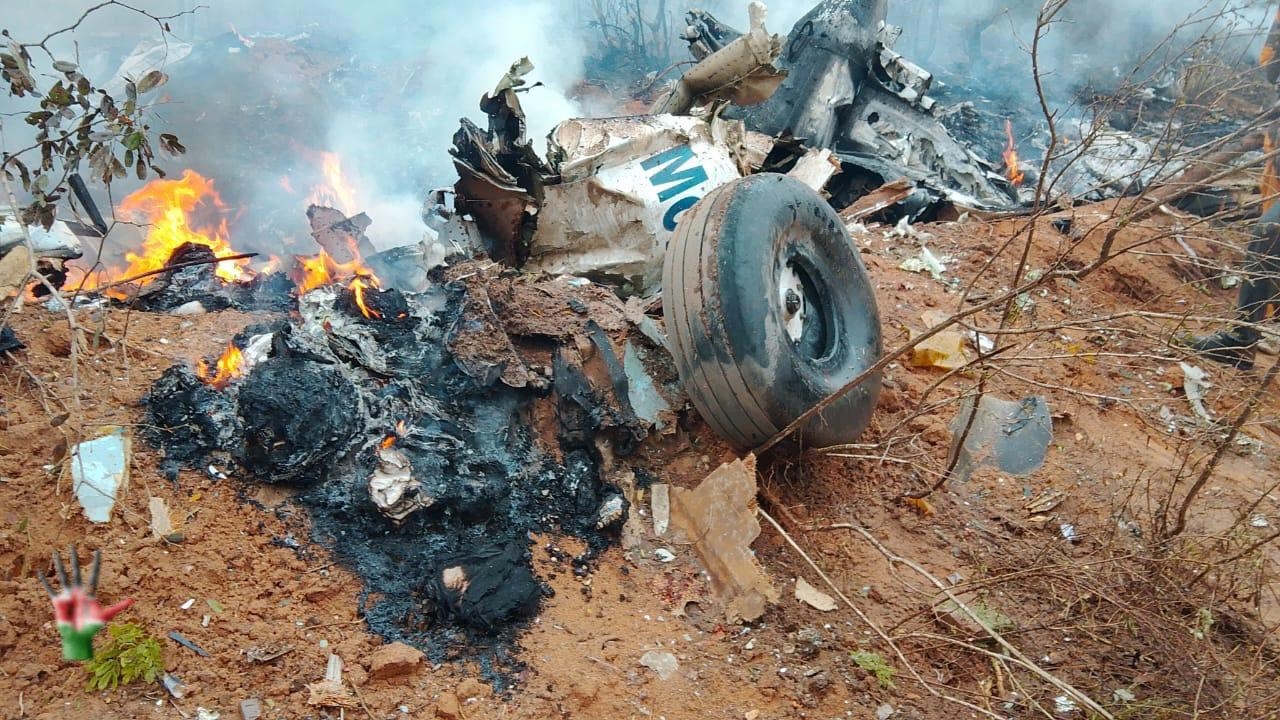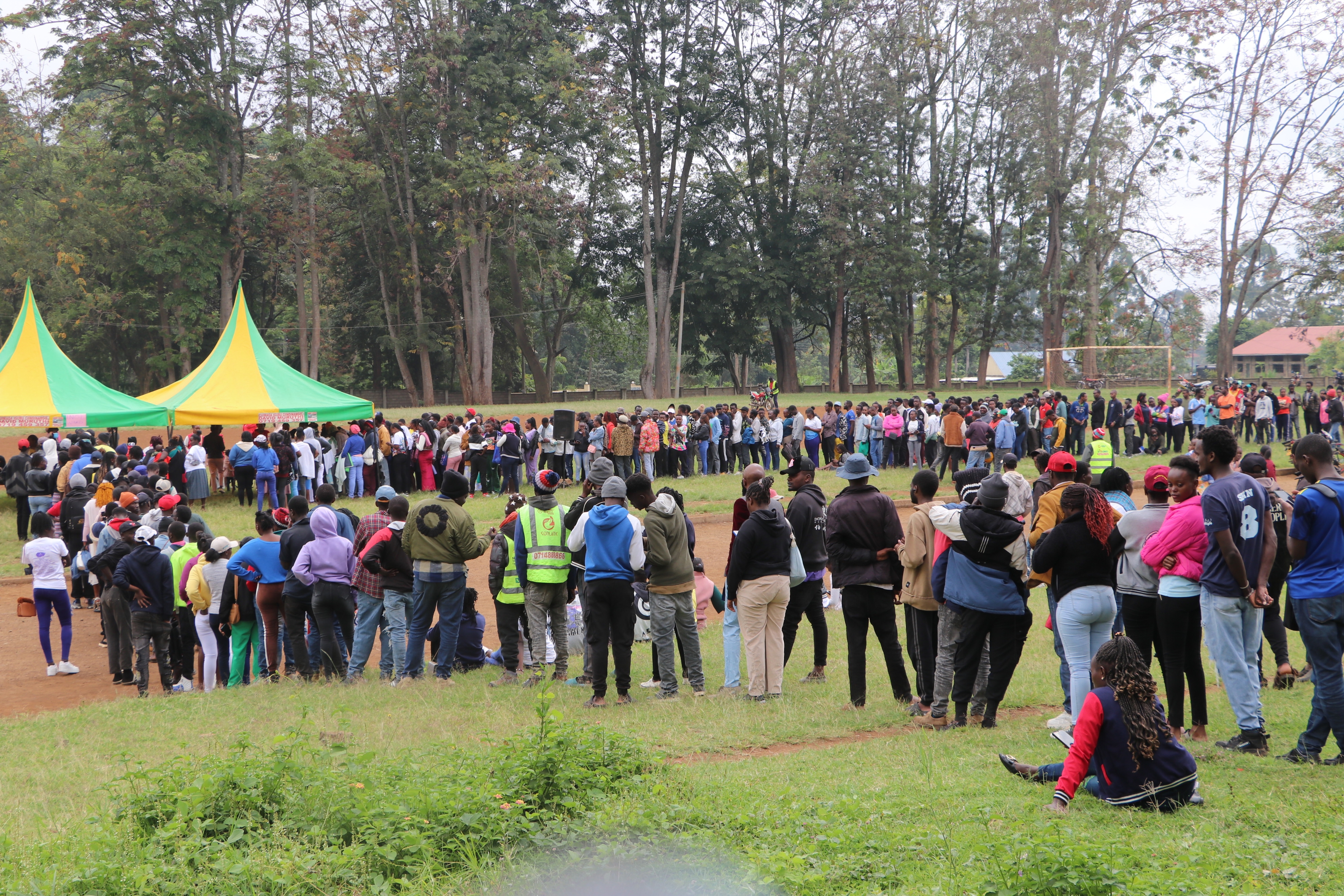As Brek Sulum Hemed, 70, slowly descended the steps at the Mombasa law courts on November 1, his frail body had to be supported.
It was hard to tell whether it was euphoria, relief, hope, or a mixture of all that seemed to give him a spring in his step.
It was the end of his 10-year journey up and down those very steps, which he had come to be accustomed to.
In his hand was a copy of a judgment by judge Stephen Murigi Kibunja of the Environment and Land Court.
It declared that a piece of land, MSA/Block XVI/564, which he had bought in 1991 from Said Saleh Nguru, was his and that its encroachment by the National Government Constituency Development Fund Board and the Kenya Rural Roads Authority, was illegal.
However, in the suit papers, the NG-CDF Board denied encroaching on the plaintiff’s land, saying they were not involved either directly or through agent and sought to have the suit dismissed.
Kerra also defended itself, saying it was only a project manager due to its technical expertise and sought to have the case dismissed.
Eighteen other applicants were allowed to join the proceedings as necessary or interested parties and filed their defence and counterclaim against Sulum, Said Saleh Said, Awadh Saleh Said and the Mombasa district land officer.
The 18 said the suit property is a nullity as it was curved out of a road reserve, and that the NG-CDF Board’s and Kerra’s action of constructing the road was lawful and had not encroached on Sulum’s land.
Sulum finished paying for the land, located in Mwembe Tanganyika, on October 28, 2002, at which point the land was officially transferred and registered in his name.
“I fenced it and I travelled to Saudi Arabia for a job,” Sulum said.
However, 10 years later, on January 5, 2013, while in Saudi Arabia, he got what has become one of the most dreaded calls in Mombasa and at the Coast at large.
“My wife called me saying there are people who have trespassed into our property with tractors and are demolishing our fence ostensibly to create a road,” Sulum said.
The contractors were hired by NG-CDF Board and Kerra to do an access road there claiming the land was on a road reserve.
Sulum had to quit his job and fly back to Kenya where he filed a suit against the two bodies.
“I am happy today that I got a judgment in my favour on November 1, 2023, 10 years later,” Sulum said, a mixed expression of both relief and bitterness registering on his face.
“Since that time, I have not found any other job. I have no job. My age does not allow me to get any job now. I am 70 years old now because I was born in 1953,” Sulum said.
He said though the case has taken long and dealt a devastating blow to his life, he is happy the Judiciary ruled in his favour.
Sulum said justice has been served although he was awarded a relatively paltry Sh100,000 in damages by judge Kibunja.
In his judgment, Kibunja said although Sulum sought damages, he did not tender evidence that could assist the court assess the appropriate level of damages to award.
“However, as there is evidence of trespass which is actionable, the court is of the view that an award of Sh100,000 would be fair and just in the circumstances if this case,” Kibunja ruled.
Sulum said, “I am grateful the Mombasa Environment and Lands Court is just. This brings confidence to the court system in Mombasa. Let others who have similar cases to mine also get justice.”
He said the 10-year case, apart from draining him financially, cost him his health.
“It was bad, stress every now and then in my head. I didn’t know when the case will end. I was not getting any younger. I didn’t have any job. My work was to go to court and come back home. At the same time, I had to pay my lawyer. I don’t have anything to move me forward from here,” he said at the Muslims for Human Rights Legal Aid Clinic.
He said apart from his family, Muhuri and his close friend Idha Mbarak have been among the greatest support system he had and relied upon to remain sane.
His case had stalled for years until he got legal advice from Muhuri and his friend Mbarak.
“When his case kept on being adjourned, it was taking away his morale. I had to do something and started making noise,” Mbarak said.
Mbarak’s support was an immense source of strength for Sulum.
“I kept on encouraging him not to give up as this was his life he was fighting for. I made numerous trips to the court with him ever since he told me about it and how it was taking a toll on him,” Mbarak said.
He said there are others like Sulum who have similar cases and encouraged them not to give up.
“This judgment is not only for Brek but for others who have similar cases. The courts exist to help the poor get justice no matter who they are up against and how poor they are,” he said.
He said the law is like a saw which cuts both ways.
“Do not be afraid of discouraged. If you have a genuine title deed, then the law will be on your side no matter who is trying to take your land away from you,” Mbarak said.
“We need more Kibunjas in Kenya,” he said.
Muhuri rapid response officer Francis Auma said land injustices at the Coast are a historic problem but which has a solution.
He said people must have confidence in the Judiciary.
However, Auma also said the court system must hasten such land issues so that it does not take ages for one case to be dispensed with.
“There should be a time limit within which such cases must be heard and dispensed with. Taking as long as a decade for such a case could be detrimental to people, especially the old and the poor,” he said.
Auma said had it not been for the case, Sulum would have made his and his family’s lives better because he would not have quit his job to come back to Kenya to fight for his land.
“It is God’s grace that Sulum had made some small money to help sustain his family for some time after he lost his job. What about that person who had inherited their land and who had nothing but that piece of land to look up to?” Auma posed.
He also warned government officers against using their office authority to grab people’s lands.
“Abusing authority will not be tolerated. Land must have political goodwill for there to be solution,” Auma said.
He said the land question at the Coast has been a thorn in the flesh for both political and religious leaders and time has come for a permanent solution to be found.
On Wednesday in Kiembeni, Mombasa, President William Ruto said that his administration has set aside Sh1 billion to buy off lands that belong to absentee landlords in Mombasa.
These include the land in Kwa Bulo, where there is a 1,000-acre land that has been occupied by more than 5,000 residents, whose landlord is absent and has been absent for decades.












